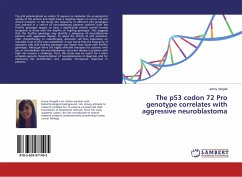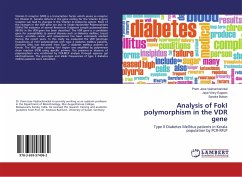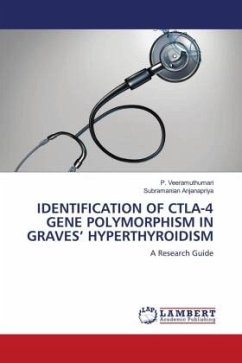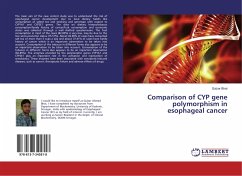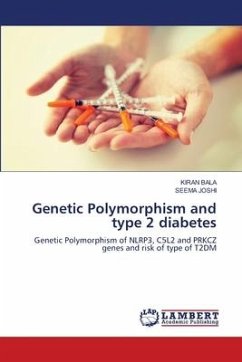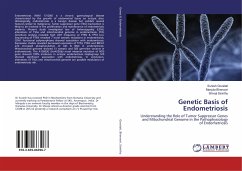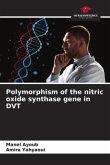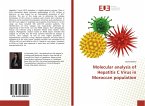The p53 polymorphism on codon 72 appears to modulate the proapoptotic activity of the protein and might have a negative impact on cancer risk and clinical outcome. In this study, the frequency of different p53 genotypes was assessed in a cohort of neuroblastoma patients: patients with the Pro/Pro genotype appear to have a significantly shorter overall survival compared to those with the Arg/Pro or Arg/Arg genotype. This suggests that the Pro/Pro genotype may identify a subgroup of neuroblastoma patients with aggressive disease. To assess the effects of p53 activation after chemotherapy or radiotherapy, derivative cell lines expressing an inducible form of p53 were established. It was found that the frequency of apoptotic cells with Arg/Arg genotype was higher than those with Pro/Pro genotype. Although there are highly effective therapies for patients with low or intermediate risk neuroblastomas, recurrent disease in patients with high risk remains a challenge. Thus, this study may be useful for a more complete genetic characterization of neuroblastomas at diagnosis and for improving risk stratification and, possibly, therapeutic responses in patients.
Bitte wählen Sie Ihr Anliegen aus.
Rechnungen
Retourenschein anfordern
Bestellstatus
Storno

